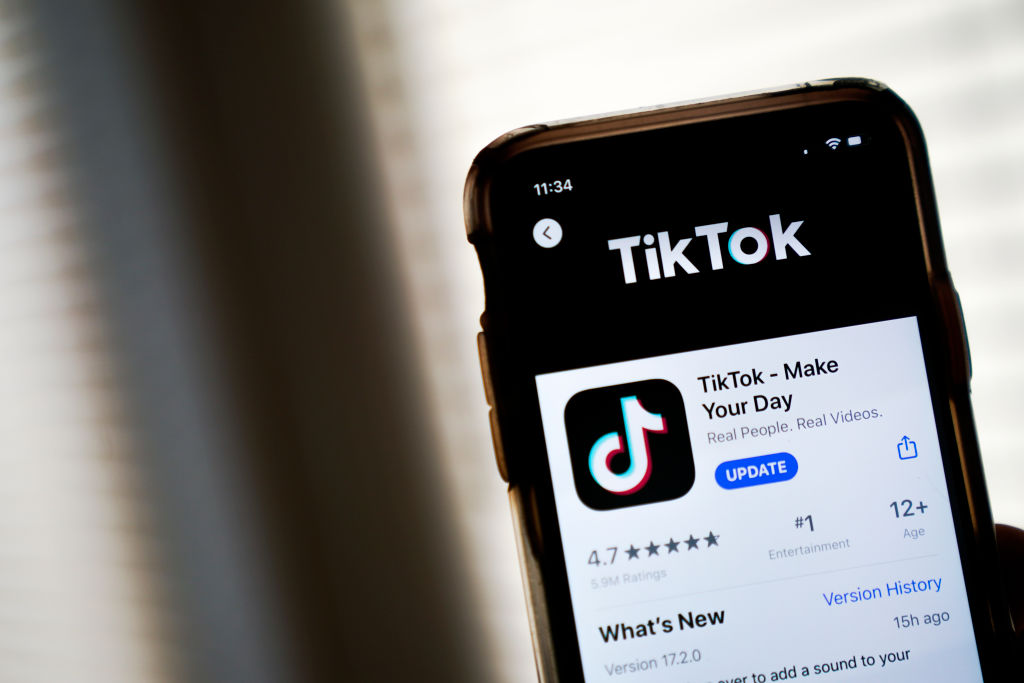Parents whose children died after taking drugs containing fentanyl were inside a Los Angeles courtroom Wednesday, hoping a judge will allow their lawsuit against the social media company Snapchat to move forward.
It was an emotional day for the dozens of parents, who say their children died too soon after taking drugs they did not know contained the powerful synthetic opioid. They are among a group suing Snapchat, alleging in court documents that the social media platform allows people to sell illicit drugs on their platform, leading to deaths.
Jaimie Puerta said he lost his son, Daniel, after he took half a pill that he bought online thinking it was oxycodone. Instead, Los Angeles County sheriff’s investigators determined it was a counterfeit pill loaded with fentanyl, a synthetic drug 50 times more deadly than morphine, according to the Centers for Disease Control and Prevention.
“You have a social media app like Snapchat which is propagating these drug deaths by facilitating and allowing drug dealers to sell illicit counterfeit drugs to our children,” Puerta said.
Get top local stories in Southern California delivered to you every morning. >Sign up for NBC LA's News Headlines newsletter.
The lawsuit also alleges Snapchat’s platform makes it difficult for law enforcement to track down evidence of illegal activity.
In Los Angeles Superior Court, attorneys for both sides discussed whether Snapchat can be held liable for what others do on its platform, one of the key issues the judge will take into account before deciding on how to proceed with the case.
A spokesperson for Snap, Inc., told the I-Team that it cooperates with law enforcement investigations including preserving and disclosing data in response to valid legal requests.
In a statement, a Snap spokesperson added: “It is devastating that the national fentanyl epidemic has taken the lives of so many people and we have great empathy for families who have suffered unimaginable losses. At Snap, we are working hard to stop dealers from abusing our platform. We do this by deploying advanced technologies to proactively find and remove dealers, working closely with law enforcement, collaborating with other technology companies, and by having a zero-tolerance policy where we shut off the infringer's account.”
Puerta contends the company should be doing more.
“Right now we are not protecting our children,” he said.



